The Fourth Step of any Twelve Step Program is to do a “searching and fearless moral inventory of ourselves”. It’s during the Fourth Step that we clean house. We come back to the wreckage left by the hurricane of our addiction and take stock of the damage.
It hurts. It hurts to recognize who we have been while living under the command of our addiction. We realize that we have not been sane, we have not been our intended selves, and that we have been, in one way or another, a source of pain for others. If we do our Fourth Step right, we will meet a challenging feeling: remorse.
Remorse burns. Remorse blazes in the heart. But remorse is a healing, cleansing, purifying fire. If I could send a blessing to anyone on this planet, it would be the power to feel remorse.
So many people push remorse away, and I understand why – I do it too. I do it when I am afraid of feeling shame about who I am, when I am frightened that if I let in even a tiny bit of regret, I will be swept into an undertow of self-hatred. Since a large part of me already believes that I am not worthy of love, I am scared to acknowledge any further evidence of my imperfection.
But without the gift of remorse we remain at best narcissistic and at worst psychopathic: not able to feel the harm we are doing to others. Narcissists and psychopaths also can’t feel what they are doing to others, and that is the key reason that they are difficult to treat.
People with addiction, luckily, don’t stay narcissistic and psychopathic once they get into recovery, provided that we go through the whole process of spiritual alchemy that sustainable recovery generally requires of us.
When people with addiction get into recovery, we develop a beautiful, flowering heart that is even more empathetic, kind, and open to loving than it was before the addiction. This flowering heart is born from our remorse. People in recovery have broken hearts – hearts that broke open.
Before recovery, addiction took all higher heart qualities, like tenderness, unconditional love, and empathy, and sucked them down into the more instinctual realm of impulse and satisfaction. There is nothing wrong with the beautiful, animal, instinctual realm, don’t get me wrong. But it becomes distorted under the influence of addiction. The hungry ghost of addiction hijacks the second chakra, where we would normally experience healthy pleasure and comfort. The addiction then governs us by running everything through that energy center. We get cut off from our higher chakras, including the fourth, or heart chakra.
When we do a Fourth Step, which we might think of as a Fourth Chakra, or Heart Step, it can be painful to realize that we have not been acting from heart, that we have been out of touch with love, as all of our life force has been directed through the lower, survival-oriented, needs-gratifying parts of us.
The Fourth Step allows us to experience the purifying fire of remorse awakening in our heart chakra. It is that very painful remorse which resurrects our heart and its unitive, connective nature.
I believe it helps to couple remorse with self-forgiveness and self-compassion. The first time I did my fourth step my inner critic gave me the beating of a lifetime. My shame was only relieved when my loving sponsor helped me see that while in my disease, I had not fully known what I was doing. It was the illness within me that had done those things.
She also helped me see that everyone in the rooms, and indeed everyone outside of the rooms, does things that hurt other people. Everyone has a shadow. Everyone acts in ways that are a sort of selfish, greedy, and even corrupt, especially before they have developed spiritually. This is not unique to me, this is an important and humbling realization, to see that I share the broken condition with all of humanity.
In the spirit of applying self-compassion during the Fourth Step, Heart-Chakra-purifying process, I’d like to offer two little ways of enhancing the journey to make sure that empathy and self-forgiveness are in attendance.
One is to remember and perhaps rewrite the prayer, “Forgive them Father, for they know not what they do”. Since I’m not extremely into patriarchal slants on God, I reword it as something like, “Forgive me, God Source, I did not see and feel what I was doing, but now that I can see and feel what it was, I intend never to do that again, please help me to live up to that intention. I am sorry for any pain I caused anyone, anywhere in the Oneness.”
Another twist is to include the classic “Just like me…” formulation when reviewing the items on your Fourth Step. The phrasing is originally taken from Buddhist practices for expanding heart, and is expanded upon in Kristin Neff’s beautiful work on Self-Compassion. Here I say to myself, “Just like me, all over the world, people have been sucked into addiction. They have helplessly hurt those they love without even realizing it. May all of our hearts open to awaken from addiction, to heal ourselves and others, to remember our power to choose what forces we serve, to remember our sovereignty, our freedom, and our goodness.”
As I practice these attitudes, my remorse for what I have put out into the world expands to include compassion for myself. My remorse opens heart qualities that benefit and extend forgiving love and a desire to do no further harm to me, too.
Sending good luck for passage through the healing, alchemical fire of remorse!


